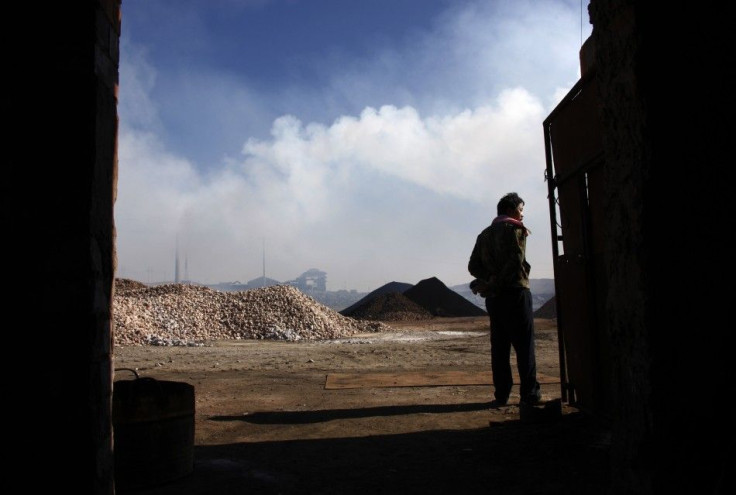Mongolia Votes For New Parliament As Mining-Dominated Economy Booms

On Thursday, the citizens of sparsely-populated Mongolia travelled to polling stations to vote in the country's national parliamentary elections. The decision will be an important one since Mongolia is in the nascent stages of an unprecedented economic boom.
Mongolia has long been sitting on valuable mineral deposits; it is only in recent years that foreign investors have come in to help exhume that wealth. The country began liberalizing after ditching communism in 1990; now, Mongolia's challenge is to make sure mining profits neither engender a reliance on foreign powers nor lead to a stratification of wealth within the country.
Already, there are concerns that corruption has stopped mining profits from filtering down to benefit average citizens. Poverty rates, while decreasing, still stood at 29.8 percent in 2011, despite GDP growth that year of 17 percent.
To address this, the two major parties -- the Mongolian People's Party (MPP) and the Democratic Party - are promising better wealth distribution. Both propose programs to give the public more stock in mining enterprises, as well as more infrastructure projects to create jobs and lessen dependence on foreign economies, especially that of neighboring China.
The MPP won an edge in 2008 elections; this year, an independent polling organization finds the Democrats with a slight advantage.
© Copyright IBTimes 2025. All rights reserved.






















